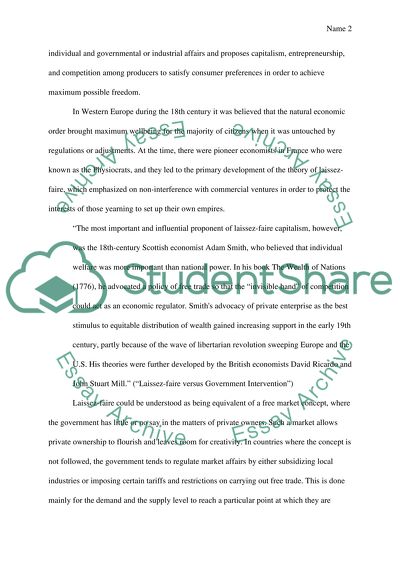Cite this document
(“What Are The Concepts Upon Which Laissez Faire Is Based Essay”, n.d.)
Retrieved from https://studentshare.org/history/1457506-what-are-the-concepts-upon-which-laissez-faire-is
Retrieved from https://studentshare.org/history/1457506-what-are-the-concepts-upon-which-laissez-faire-is
(What Are The Concepts Upon Which Laissez Faire Is Based Essay)
https://studentshare.org/history/1457506-what-are-the-concepts-upon-which-laissez-faire-is.
https://studentshare.org/history/1457506-what-are-the-concepts-upon-which-laissez-faire-is.
“What Are The Concepts Upon Which Laissez Faire Is Based Essay”, n.d. https://studentshare.org/history/1457506-what-are-the-concepts-upon-which-laissez-faire-is.


